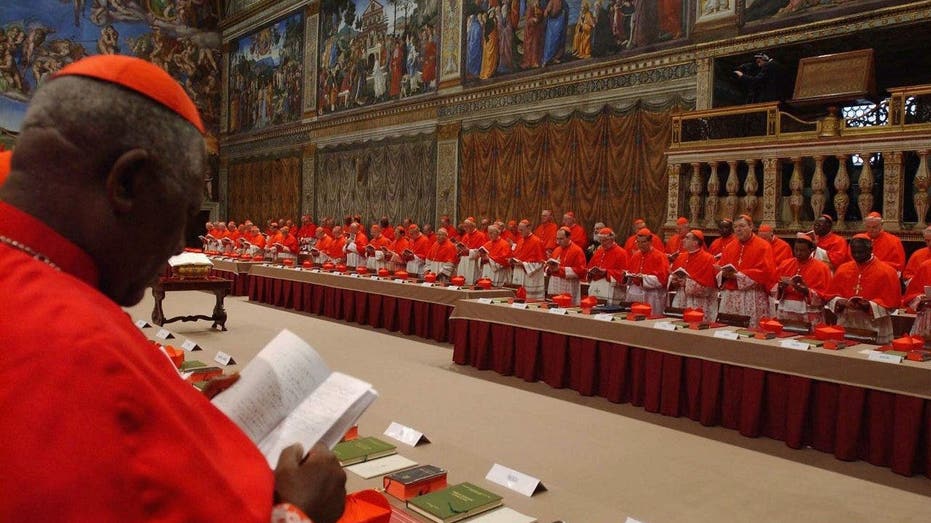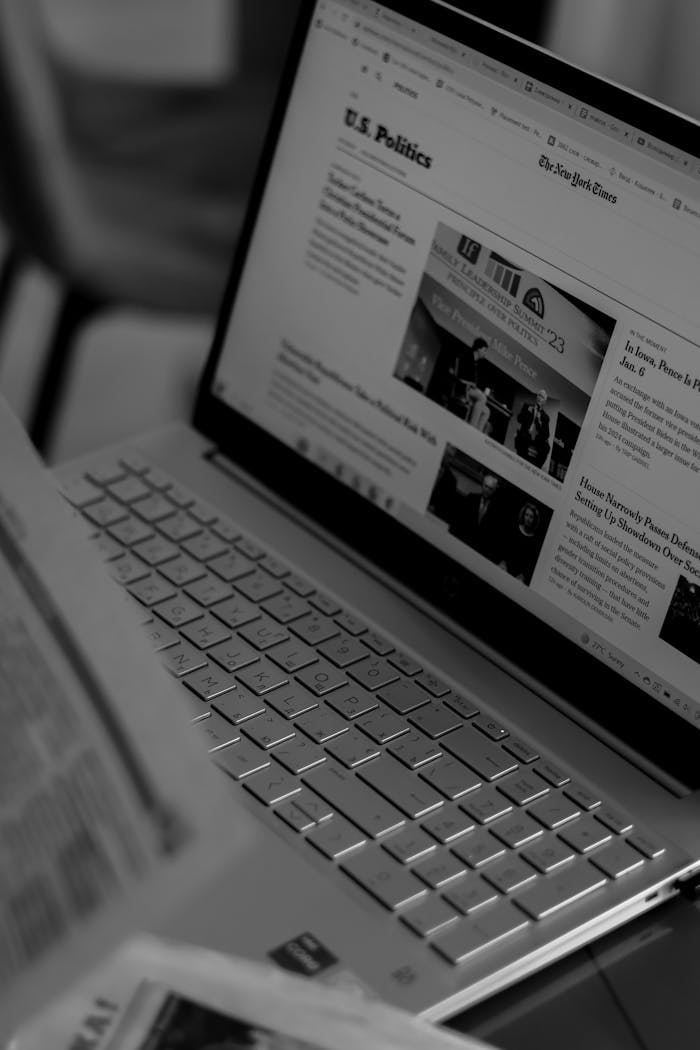Pope Francis’ emphasis on reaching out to the “peripheries” of the Catholic Church and world will result in the most diverse collection of church leaders in history gathering to select the new pope.
According to Mary FioRito, an expert on papal elections and a senior fellow at the Catholic Association, this could very well result in the next pope having a very different set of priorities than the late pontiff.
Francis has selected about 80% of the 135 church leaders – called cardinals – who will vote for the next pope in the upcoming papal conclave.
The result will be that instead of being dominated by European or even Western cardinals, the conclave will have large contingents from regions like Africa and Asia.
WHAT IS THE PAPAL CONCLAVE: INSIDE THE ANCIENT PROCESS OF CHOOSING THE NEXT POPE
“This will be the most diverse conclave in the history of the church,” FioRito said.
But this diversity could spell a departure from some of the defining focuses of Francis’ pontificate, such as his emphasis on “synodality,” that is, gatherings of small groups from around the world to discuss questions of theology and church practice.
FioRito sees this next conclave, which she said will likely begin May 5, as a question of whether the next pope will be a man who continues Francis’ legacy or shifts the church’s focus to problems like persecution and poverty, which are major issues in countries like Nigeria, Pakistan and India.
In Nigeria alone, where about half of the population is Christian, 3,100 Christians were killed and 2,830 were kidnapped in 2024, according a report by international religious freedom watchdog Open Doors.
BISHOP BARRON REACTS TO DEATH OF POPE FRANCIS, PRAISES PAPACY MARKED BY ‘MERCY AND EVANGELIZATION’
In this sense, FioRito predicted that the African cardinals, who now form a significant voting bloc in the conclave, will play a major role in selecting the next pope.
She explained that the African church has a very different set of priorities, which have been shaped in large part by the realities of rapid growth coupled with intense persecution.
“We’re concerned about things like climate change, and they’re concerned about not being locked in a church and set on fire,” she explained. “They’re not sitting around at these tables for 10 discussing great ideas. They just want to make sure their kid gets to school without getting shot and they can pay their rent this month.”
With that will come a desire to select a pope who will respect the African church as an equal and who will stand against “ideological colonization” from the West with concepts like climate change, abortion and gender ideology.
TRUMP, WORLD LEADERS REACT TO THE DEATH OF POPE FRANCIS
“The cardinals in Africa are very sensitive to this kind of ideological colonization where they’re not being colonized in the traditional way, but the ideas of the West are coming in and attempting to change African culture with Western ideas without listening to the people first,” she said.
With this in mind, FioRito pointed to Hungarian Cardinal Péter Erdő, who at 71 is young enough to be selected and is seen by many as a “John Paul II-type personality.” He is respected by both the Pope Francis synodality camps as well as the African bishops.
Another candidate, FioRito said, who could possibly “bridge the gap” between the different worlds is American-born Cardinal Robert Prevost, who currently serves as the president of the Pontifical Commission for Latin America. However, FioRito noted that Prevost may be less likely if cardinals “don’t want to see so much of the world’s power concentrated in the United States.”
FioRito also predicted issues of modernity versus tradition, which have spelled some of the most significant controversies during Francis’ pontificate in the West, will also play a factor.
She said that amid a general decline in faith in the West, there has been a palpable shift in young people embracing more traditional forms of worship in the church, such as the traditional Latin Mass.
“That’s where the 20-somethings are going to Mass,” she said. “In a world where there’s so much crassness and vulgarity, you have something here that’s timeless and just kind of transports you to another world.”
Despite this, she said the issue of the traditional Latin Mass is more of a “niche liturgical issue that I don’t think is going to have much impact.”
FioRito noted that, unlike political elections, the selection of the next pope is less about a set of issues or policies, but instead is more about the man himself.
5 WAYS POPE FRANCIS IMPACTED THE CATHOLIC CHURCH
“I wouldn’t phrase it in terms of issues, as if we’re talking about the economy or migration. We’re looking at individual men and asking ourselves, who can serve the church best at this moment and who is the person best equipped to take on this international role?” she said.
“The holy father’s role is to be a center of unity for the church in preaching the message and the gospel,” FioRito went on. “So, it’s looking at individual people, their strengths, their weaknesses, their backgrounds, what limitations they might have. And then really, in a very prayerful way, asking, what does the church need now in a new pope?”
“My sense of it,” she went on, “I think the cardinals need to be looking at the church today globally and not just in their own backyards, but globally and saying, ‘Who is the man who can best take the church forward into this new era?'”


